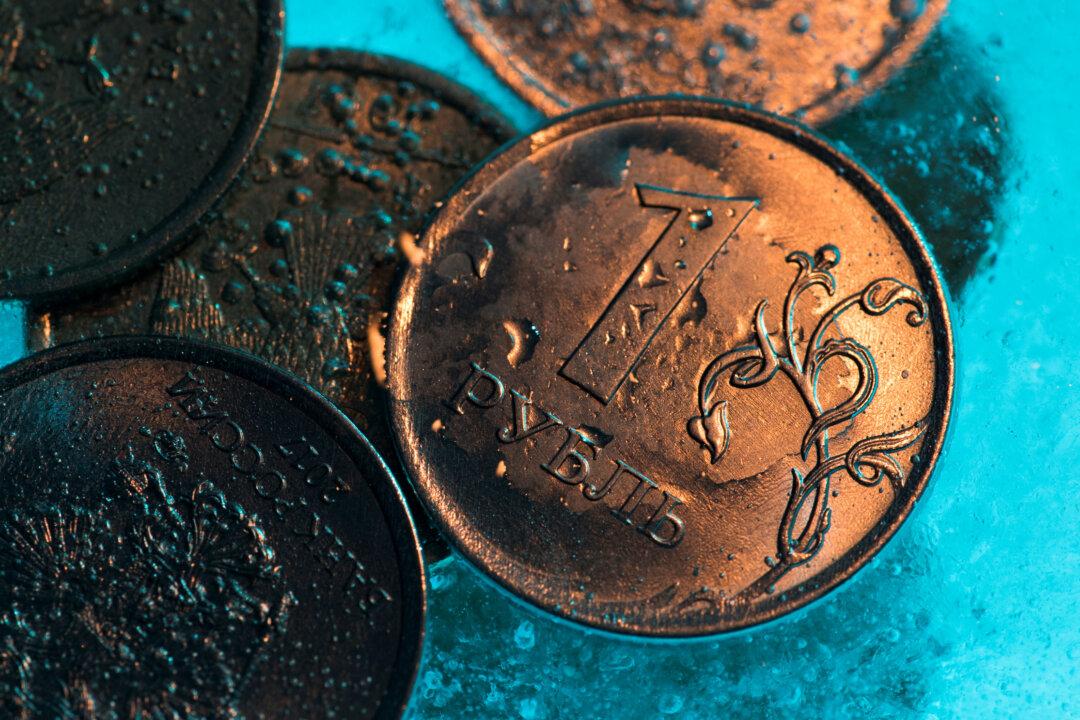The Russian rouble closed on Wednesday at its strongest this month against the dollar both in Moscow and offshore exchanges after President Vladimir Putin said Russia would start selling its gas to “unfriendly” countries in roubles.
The rouble ended below 100 per dollar, still down over 22 percent this year as Russia faces strict sanctions globally, triggered by its invasion of Ukraine late last month.





